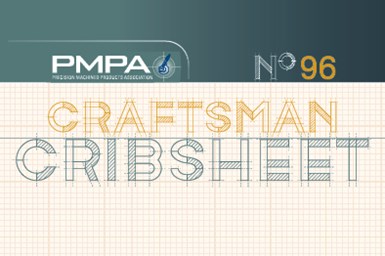Wastes That Detract From Quality
Quality is the absence of waste. So what are some wastes that detract from Quality?

Defects are a Waste
No customer wants to pay for defects.
Overproduction is a Waste
One may think that better “efficiencies” result by over-producing larger runs and lot sizes. But that “locks in” the customer to remain with their current design. It reduces their ability to adjust their design because now they have to work through whatever volume is on hand “just in case” for them.
Waiting is a Waste
Waiting is one of the most impactful wastes, as lost time can never truly be recovered. Especially when that time was paid for through wages, utilities and other costs incurred.
Wasted Motion is a Waste
Wasted motion is often built into legacy processes. If processes were recreated today, would it be done the same way? Or would a different means be developed that would eliminate the unneeded movement of materials or workers?
Extra Processing is a Waste
Extra processing is a waste if the product would otherwise meet the requirements without it. Trying to get a little more life out of a tool can result in needing additional processing to salvage finish or inspect for nonconforming conditions which doesn’t really add value to the customer.

Inventory is a Waste
Inventory is a common waste in shops as an attempt to reduce costs for additional setups, or it is decided to put some production into “safety stock.” Then, if the customer doesn’t need those extra parts, costs have still been incurred to produce and store.
Transportation Can be a Waste
Transportation can become a waste if issues in production result in a need for premium freight.
Unused Talent of Performers is a Waste
Unused talent of performers is really an issue for the precision machining industry. In an era where talented workers are in short supply, all employees need to be operating at their highest and best use. It is best for them, best for shops and best for customers.
Related Content
-
‘Can You Hold This Tolerance?’ Is Not An Engineering Question
The implications of tolerances go far beyond mere technical compliance.
-
Onshoring Weather Report: Strong Tailwinds!
Onshoring, reshoring, nearshoring: these terms are showing up with increasing frequency in the news and online. But is there evidence that these are real?
-
Machining Unleaded Materials — Reliability is Possible
Leaded steel is no longer produced in the United States. How do shops approach unleaded brass and steel machining?











.jpg;maxWidth=300;quality=90)



